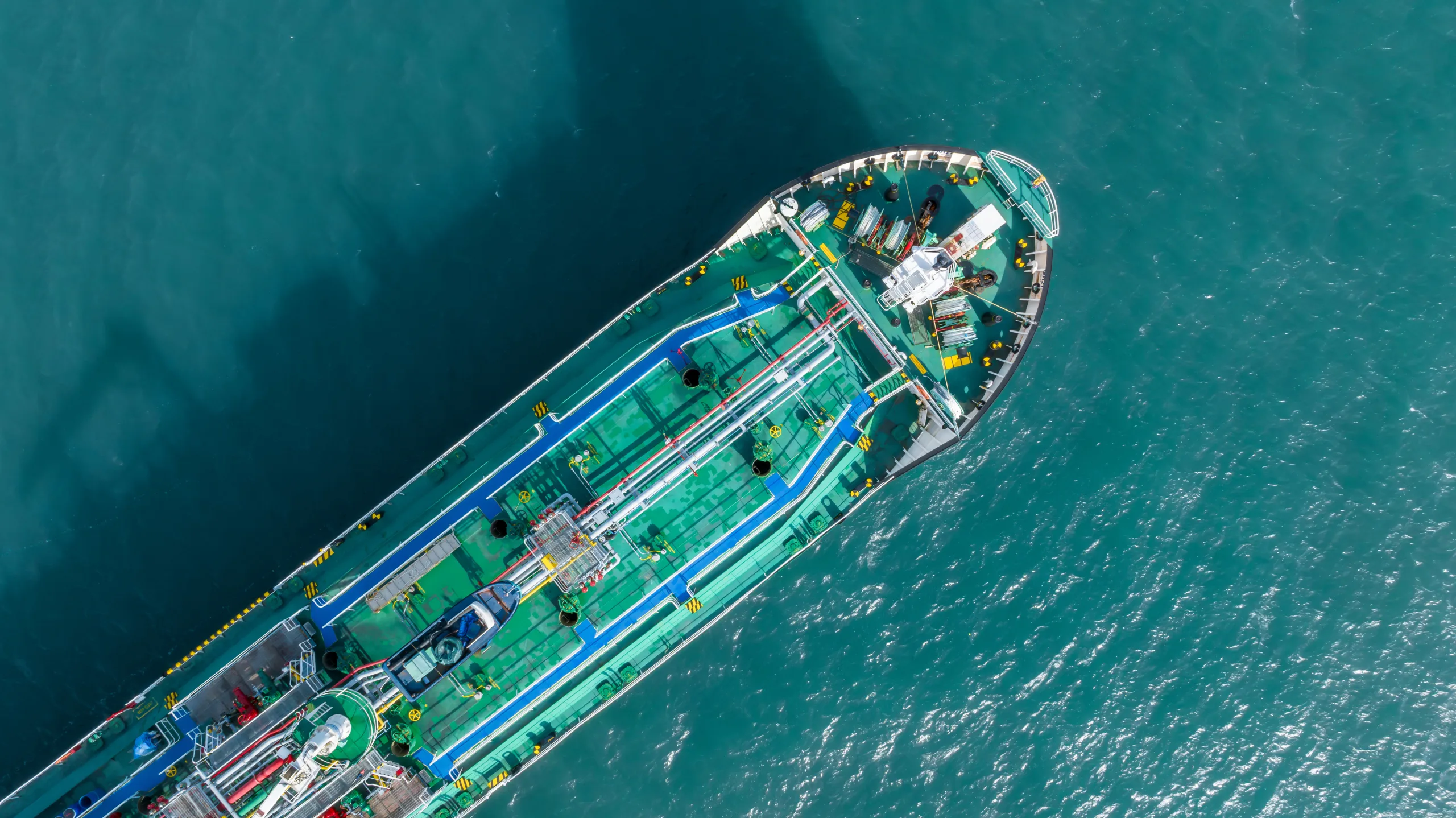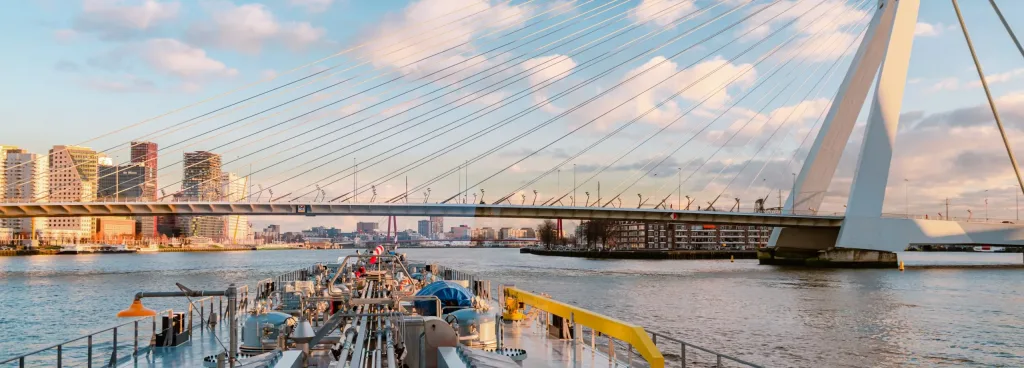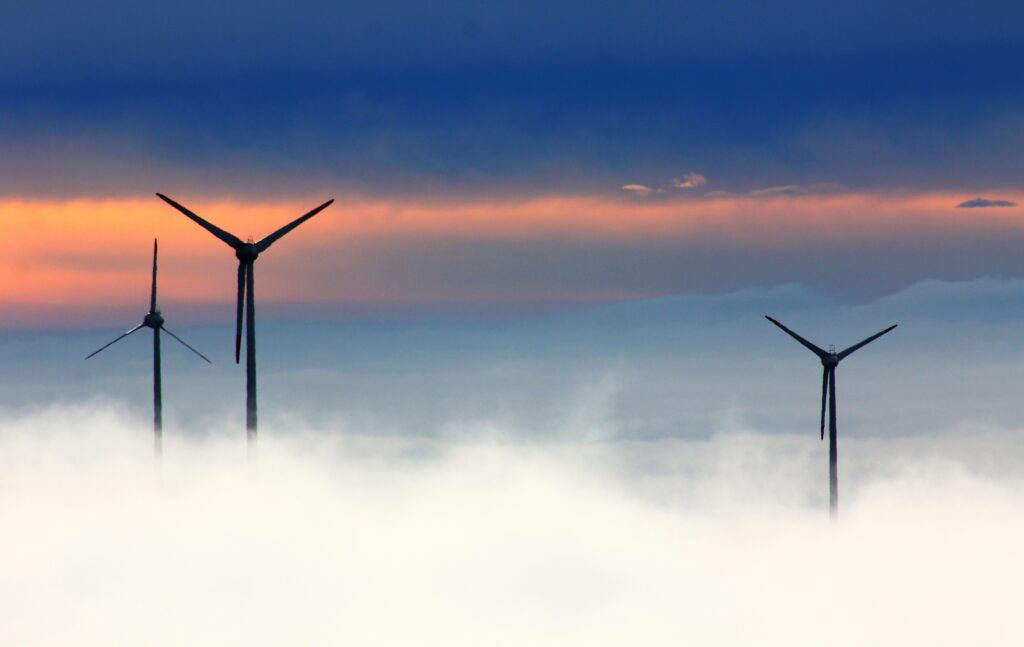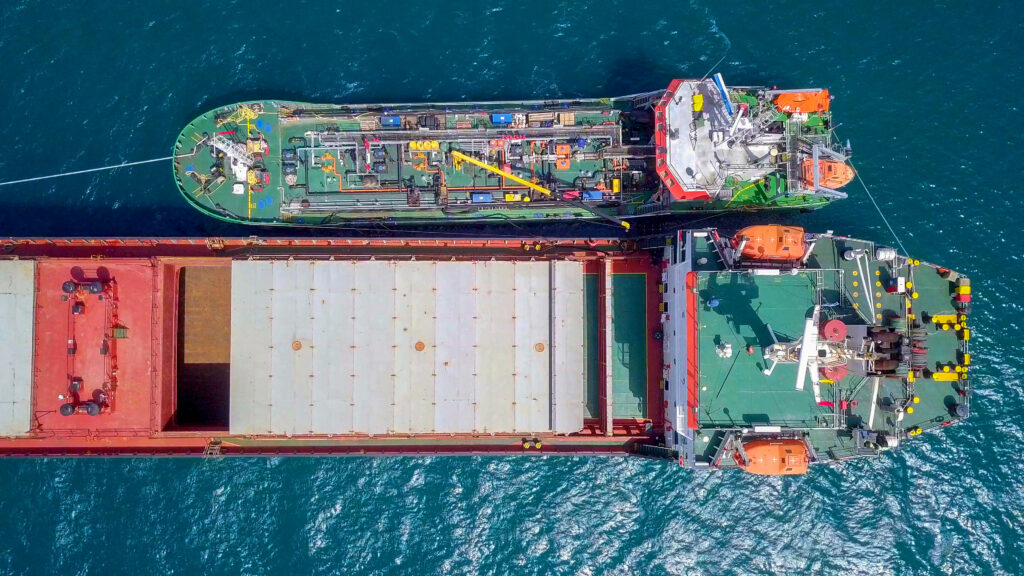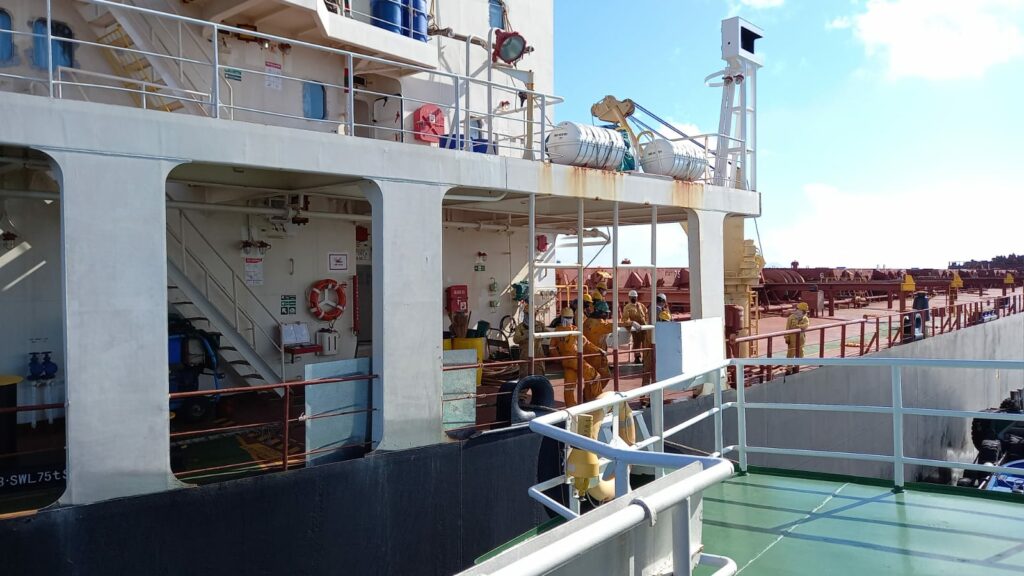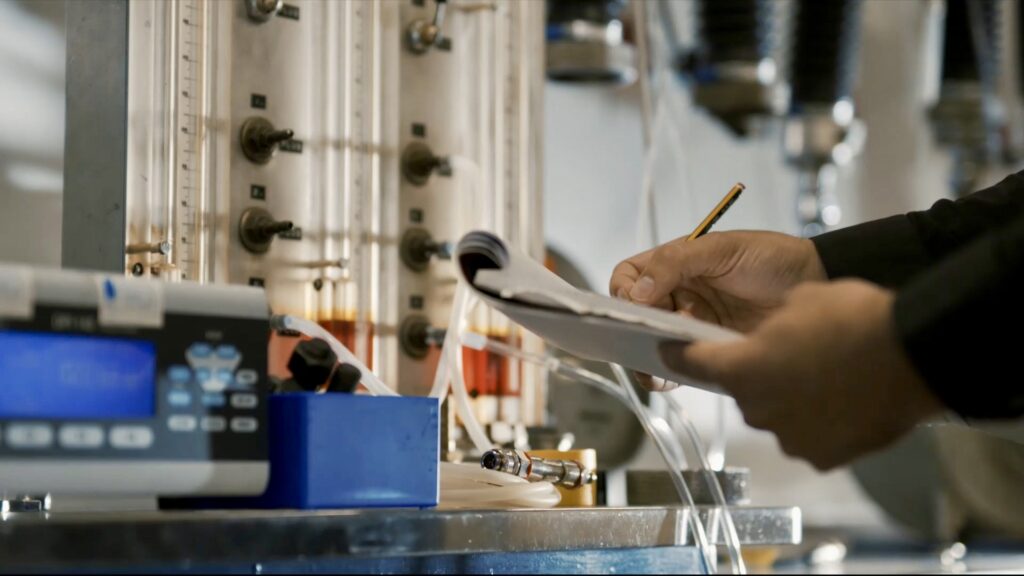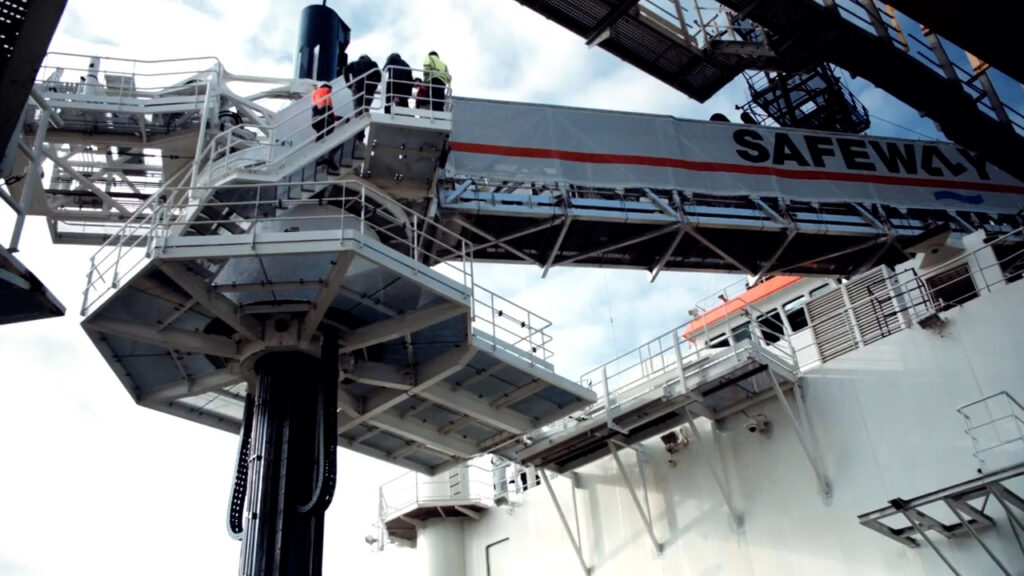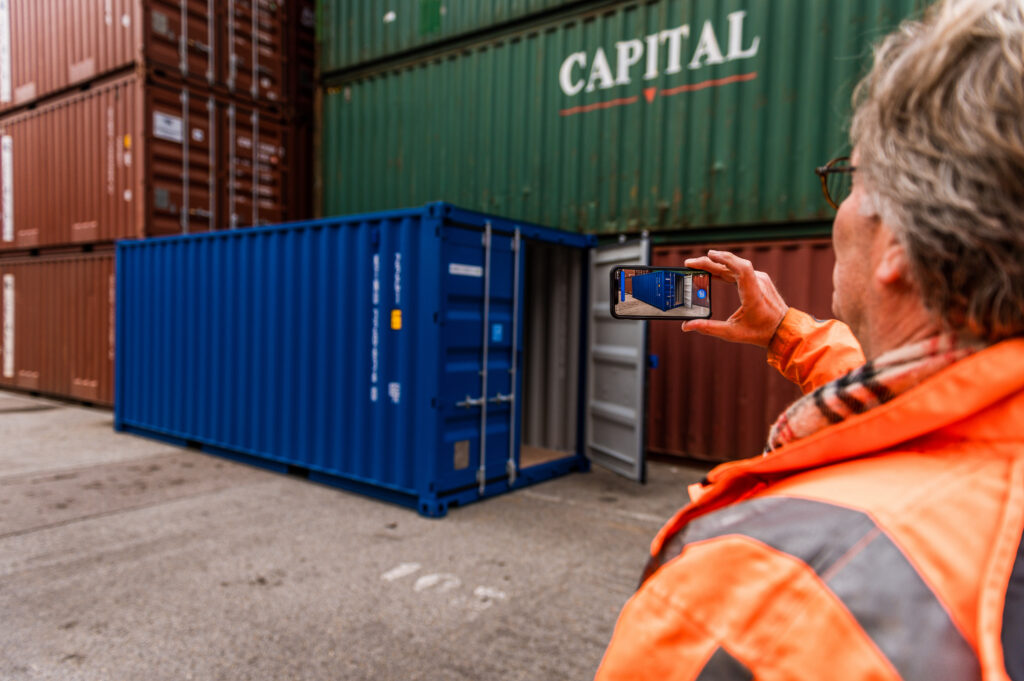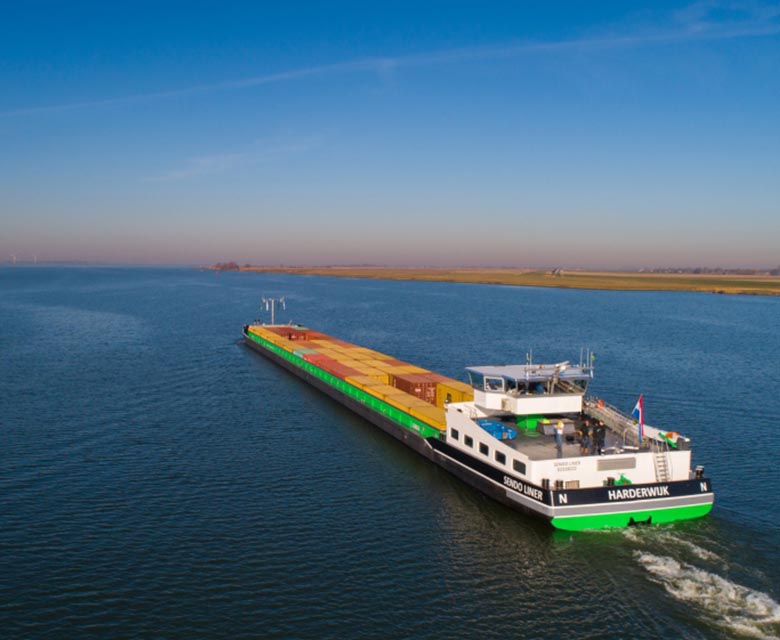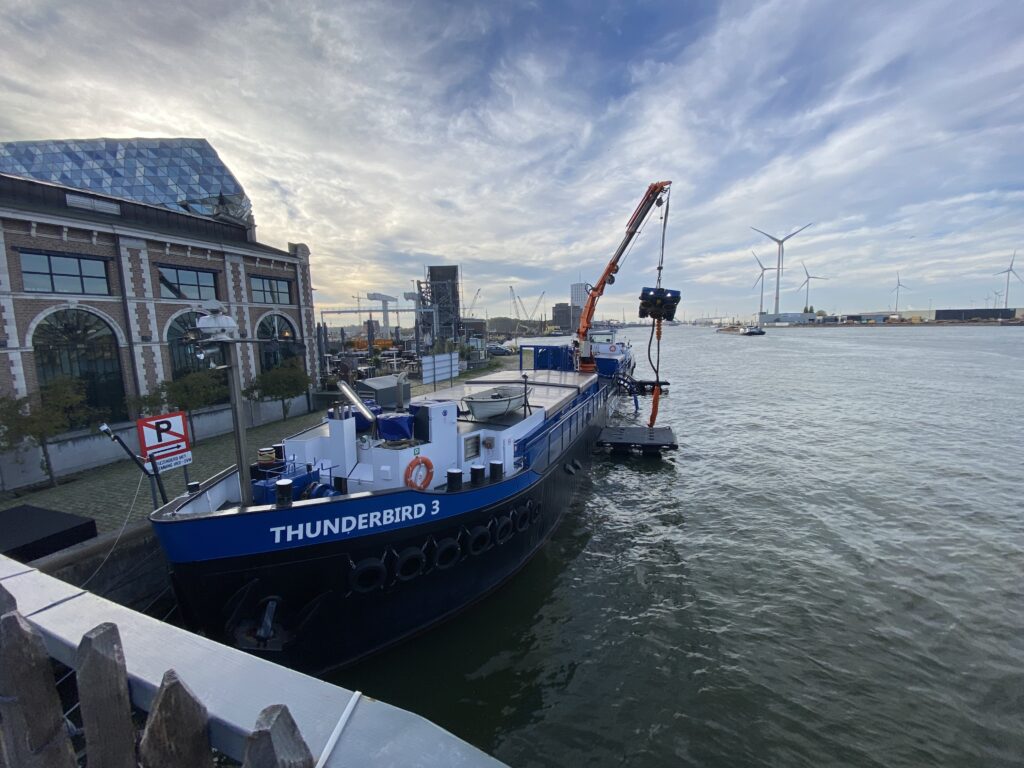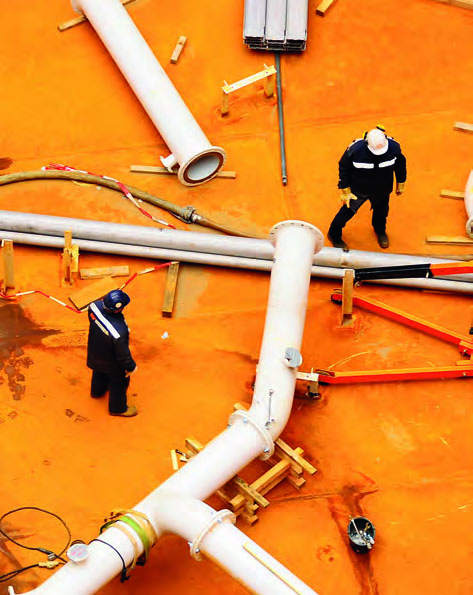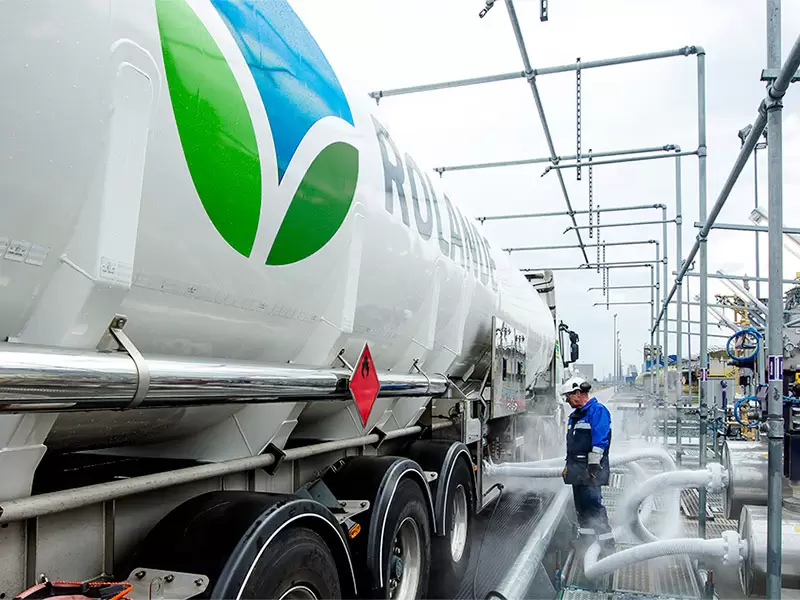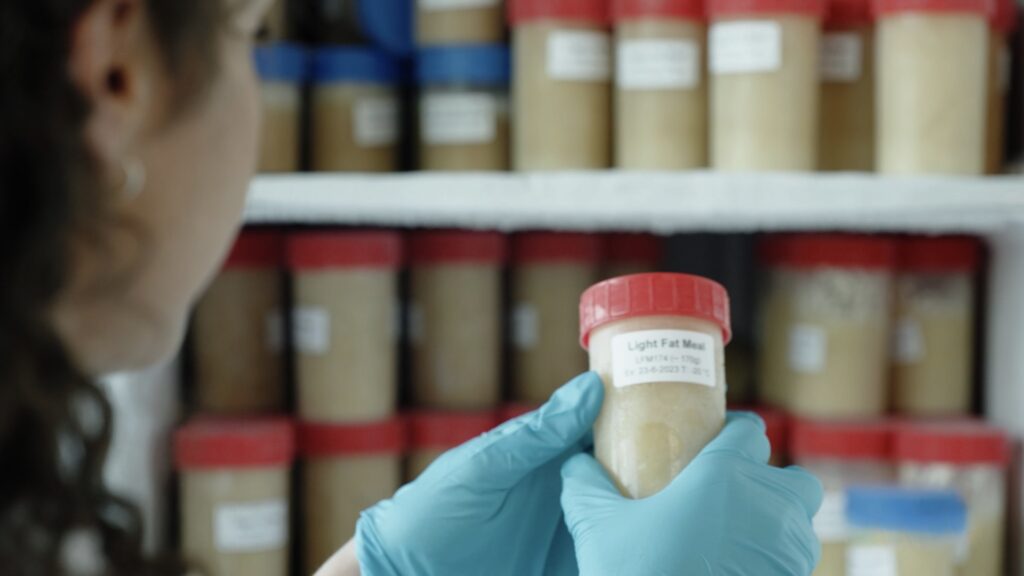When it comes to tackling climate change, two things are clear: our global energy system must change, and we must be able to meet the rising global energy demand, sustainably. But whether we can make that shift depends on several factors, including the development of new technologies, the scale-up of renewables and the pace at which the transition can be made. And while we all know that renewables will play a fundamental role in the energy transition, current production volumes cannot meet the total global energy demand.
Coal to gas
Natural gas will therefore be one of the solutions needed today to transition to a more sustainable global energy system. Although natural gas combustion releases greenhouse gases, it produces considerably fewer CO2 emissions and air pollutants than many of the fuels it can replace, including coal.
Most of the gas and coal produced today is used for power generation and as heat sources for industrial processes. According to the IEA, coal-fired power plants provide about a third of our global electricity needs and will continue to do so until newer technologies are available. However, switching from coal to gas to generate electricity can already provide an emission reduction of up to 50%. While an additional benefit is that it also strongly reduces air pollution. This is one of the reasons why natural gas is a critical component in the energy transition.
Additionally, natural gas can also help reduce emissions in sectors where it is more challenging to transition to sustainable alternatives. For example, it can play a pivotal role in the industrial sector to cut emissions significantly when switching their production processes from coal to gas. Moreover, natural gas is expected to be used as a more sustainable fuel in road transport and shipping, helping diversify these sectors’ energy mix.
Covering all sustainability aspects in extracting and handling natural gas
Count Westgass, part of the First Dutch family of companies, provides the European market and the United Kingdom with natural gas sourced from Norway. Norway is the world’s third-largest gas exporter and is known for its strict gas regulations and industry-leading flaring intensity numbers. In the production of gas, flaring is a process that is required for safety reasons, in which combustible gases that would otherwise be released into the atmosphere are burned. But this process is also responsible for about 2% of global methane emissions. As methane emissions are the second largest cause of global warming, it is critical to minimise them. Therefore, Count WestGass works with its Norway suppliers as they actively minimise methane leakages while proactively lowering the environmental impact of their gas production. This helps to ensure that all aspects of sustainability are genuinely covered in the extraction and handling of the natural gas that Count offers to its customers.
